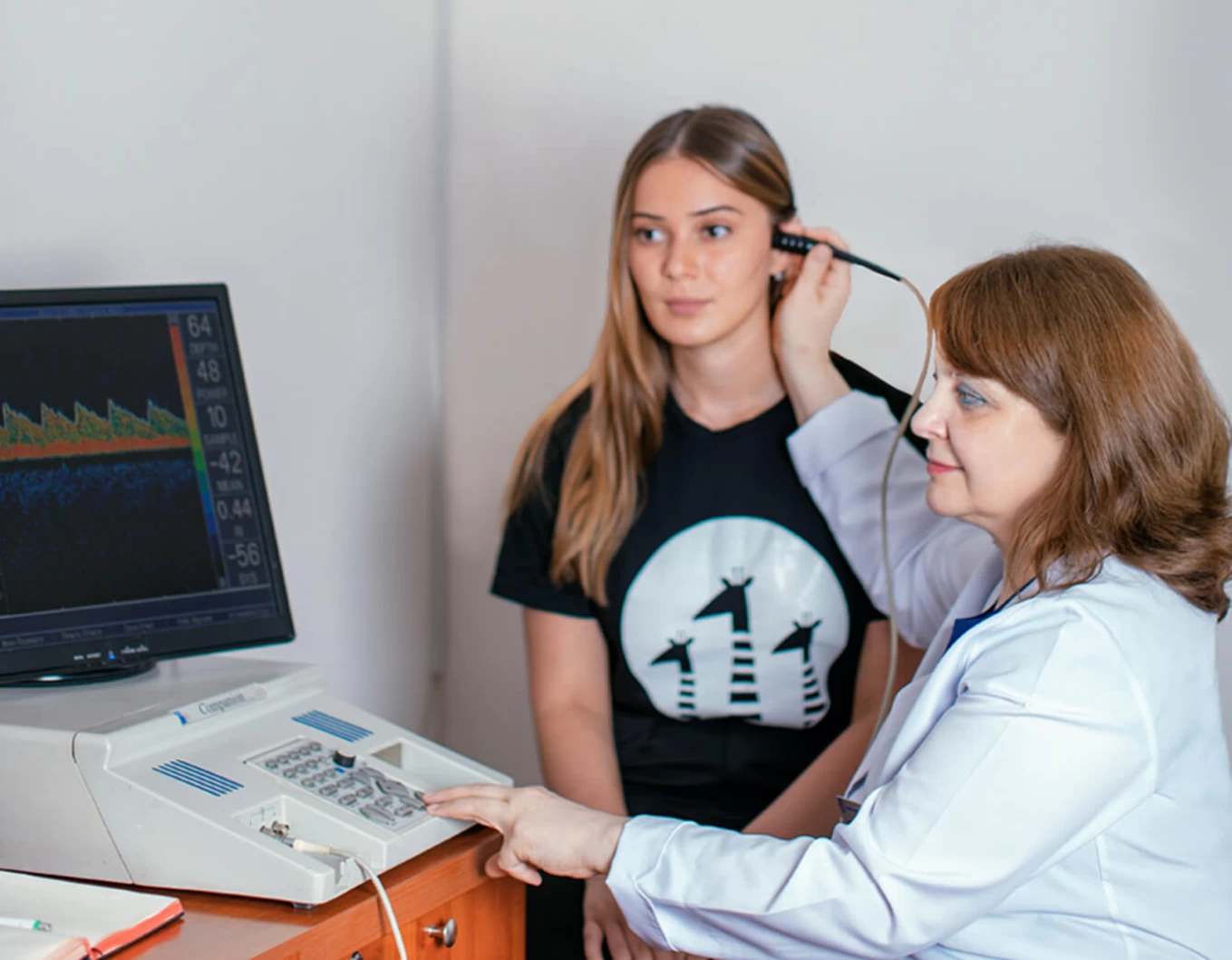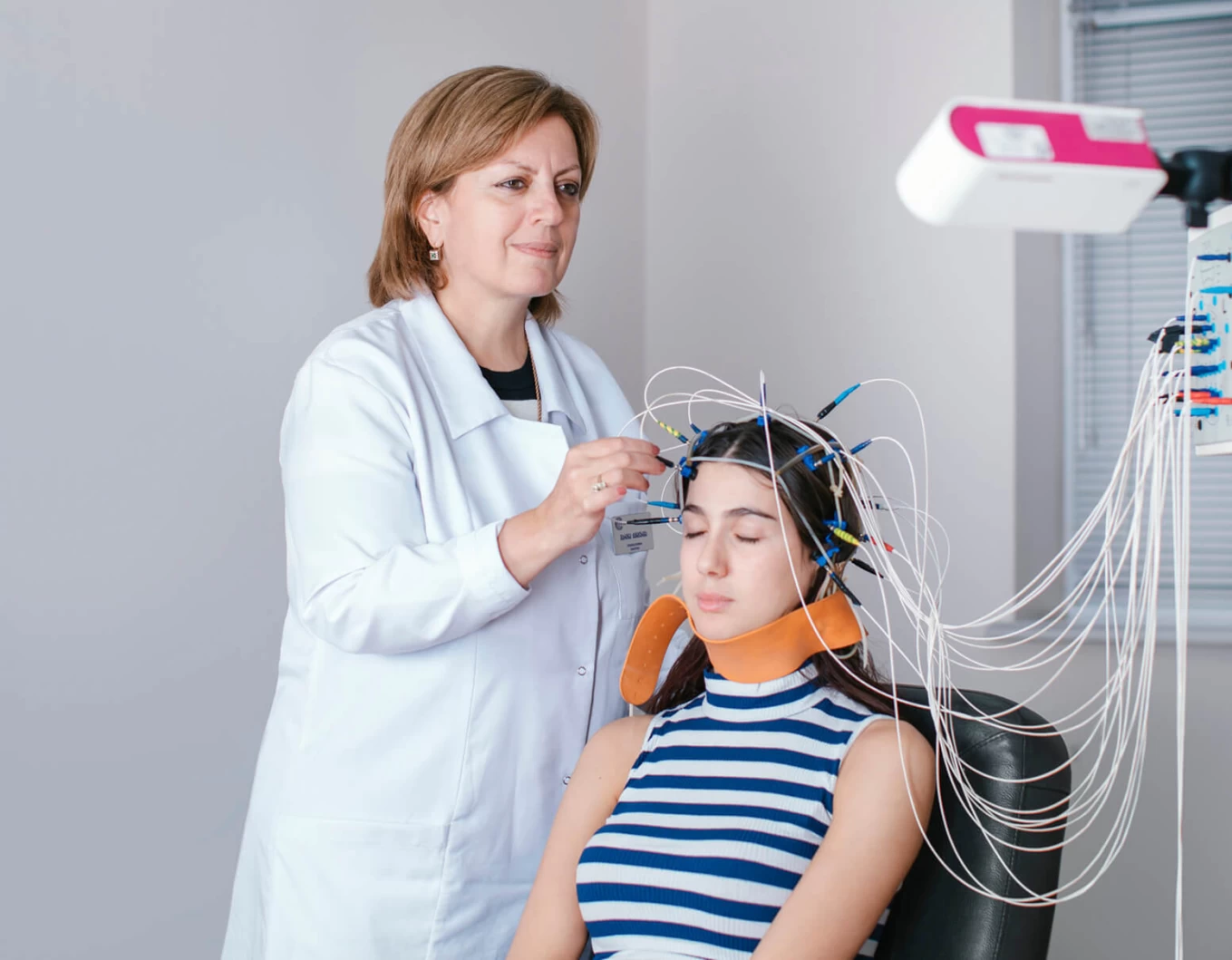The Department of Neurology
Head of the Department - Dali Berulava
The Department of Neurodiagnostics/Neurology offers modern methods for the diagnosis and conservative treatment of nervous system diseases. Our doctors work in close collaboration with the departments of neuroradiology and neurosurgery, ensuring a comprehensive, multidisciplinary approach to the problem.
The department is equipped with modern diagnostic equipment:
- Transcranial Doppler - Nicolet Companion
- Transcranial Doppler with Embolodetection - PionerTC8080 Nicolet Biomedical
- Digital Electroencephalograph - Sigma Medizin Technik
Neurology is a field of medicine that studies pathologies in the nervous system. The term "neurology" is a combination of two words: "neuron," meaning nerve, and "logia," meaning study.
Neurology investigates diseases such as epilepsy, stroke, multiple sclerosis, and neurodegenerative diseases (Alzheimer's and Parkinson's).
Neurology is one of the leading specialties at Todua Clinic, and accordingly, the clinic uses state-of-the-art equipment and approaches for patient treatment.
The department conducts the diagnosis and treatment of the following diseases:
- Cerebrovascular diseases
- Headache
- Neurosis
- Epilepsy
- Various types of dementia and cognitive disorders
- Sleep disorders
- Spinal column and spinal cord injuries
- Oncological pathologies of the central and nervous systems
The Department of Neurodiagnostics employs highly qualified doctors with many years of experience who not only ensure the most effective diagnosis and treatment of diseases but also stand out for their compassionate and caring attitude toward patients.
Cerebrovascular diseases primarily include ischemic stroke, hemorrhagic stroke, cerebral aneurysms, arteriovenous malformations, and transient ischemic attacks.
A headache can be a symptom of many problems, including migraines, various infections, vascular issues, and neurological disorders. An accurate diagnosis is essential when such symptoms are present, so that medical specialists can develop an effective treatment plan.
The main symptom of neurosis is anxiety and difficulty in coping with daily stress. Early diagnosis of the disease makes both cognitive-behavioral therapy and pharmacological treatment more effective.
Epilepsy significantly affects the quality of life of patients with its symptoms, which is why you should schedule a visit to a neurologist if you are experiencing symptoms associated with this condition.
Neurology plays a crucial role in the treatment of various types of dementia and cognitive disorders. For individuals in at-risk groups, timely diagnosis significantly increases the chances of successful treatment.
The causes of sleep disorders are often neurological problems. In such cases, specialists frequently diagnose insomnia, sleep apnea, narcolepsy, and restless legs syndrome.





